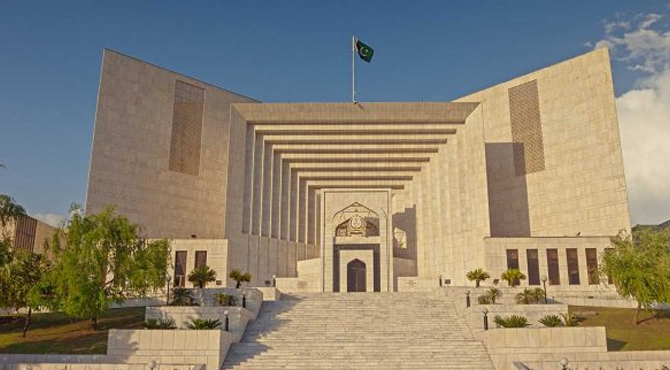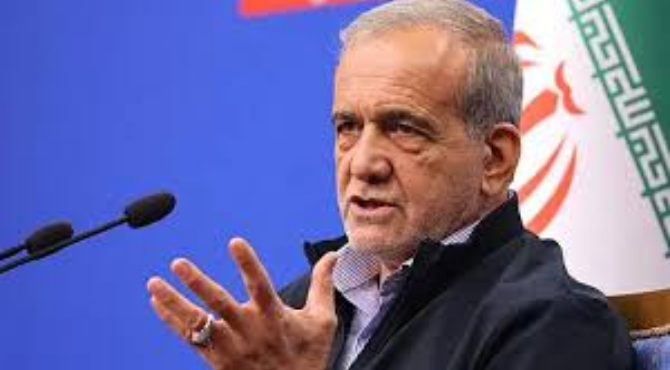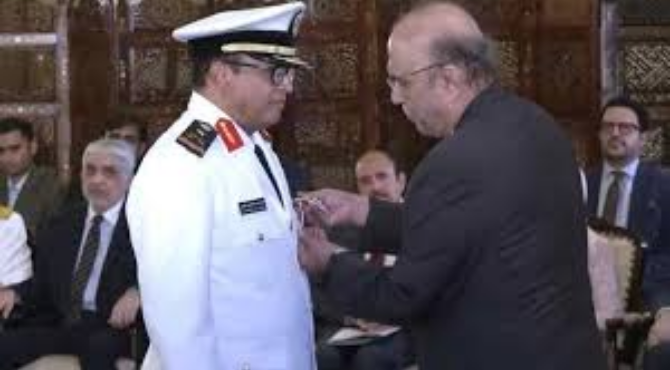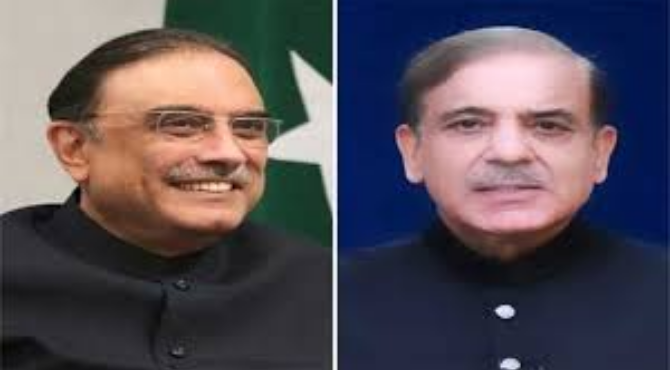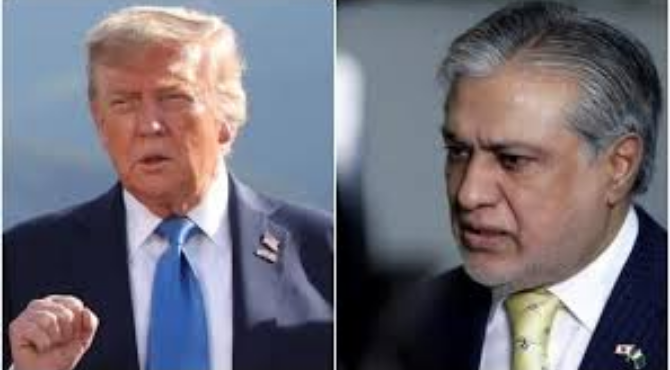ISLAMABAD (National Times) – The Supreme Court on Monday took suo moto notice of the letter written by the six judges of Islamabad High Court (IHC), just days after the federal government formed a commission to investigate the interference allegations and criticism on the part of some circles over the move.
In this connection, a seven-member bench headed by Chief Justice Faez Isa will hear the matter on Wednesday, which also comprises Justice Mansoor Ali Shah, Justice Yahya Afridi, Justice Jamal Mandokhail, Justice Athar Minallah, Justice Musarrat Hilali and Justice Naeem Akhtar Afghan.
The interesting development comes as the federal cabinet last week approved the formation of an inquiry commission headed by former chief justice Tassaduq Hussain Jillani – a respected jurist known for his independent views.
It was Prime Minister Shehbaz Sharif – accompanied by Law Minister Azam Nazeer Tarar and Attorney General Mansoor Usman Awan – who had met Chief Justice Isa on Thursday where Justice Shah and Supreme Court Registrar Jazeela Aslam assisted the country’s top judge.
During the meeting, the two sides agreed to form a commission to investigate the concerns of interference in judicial affairs the Pakistan Commissions of Inquiry Act, 2017, which was followed by the announcement that Justice (r) Jillani will conduct the investigation.
However, the decision was criticised by some circles, especially the PTI, arguing that the chief justice shouldn’t have met the prime minister and that the apex court must lead the probe by taking suo moto notice, as, according to them, the government being the accused party should not lead the process.
But the top representative bodies of lawyers at the national and provincial level had welcomed the formation of inquiry commission, expressed their complete trust in Justice (r) Jillani and rejected the demand made by those associated with the PTI, which called for the resignation of Chief Justice Isa and IHC Chief Justice Aamer Farooq.
The six IHC judges had said in the letter addressed to the Supreme Judicial Council that “it is imperative to inquire into and determine whether there exists a continuing policy on part of the executive branch of the state, implemented by intelligence operatives who report to the executive branch, to intimidate judges, under threat of coercion or blackmail, to engineer judicial outcomes in politically consequential matters.”


